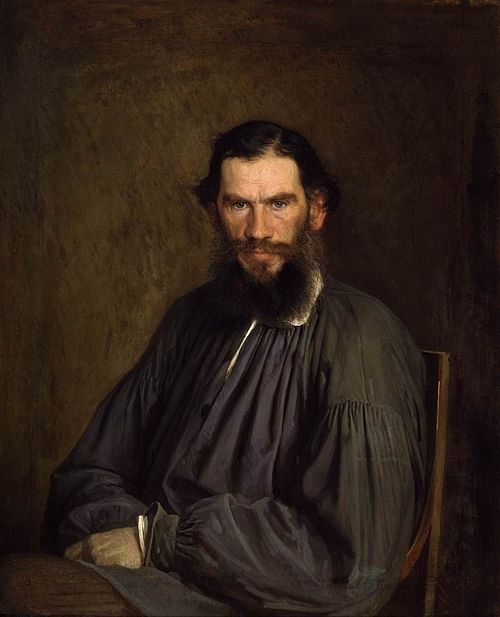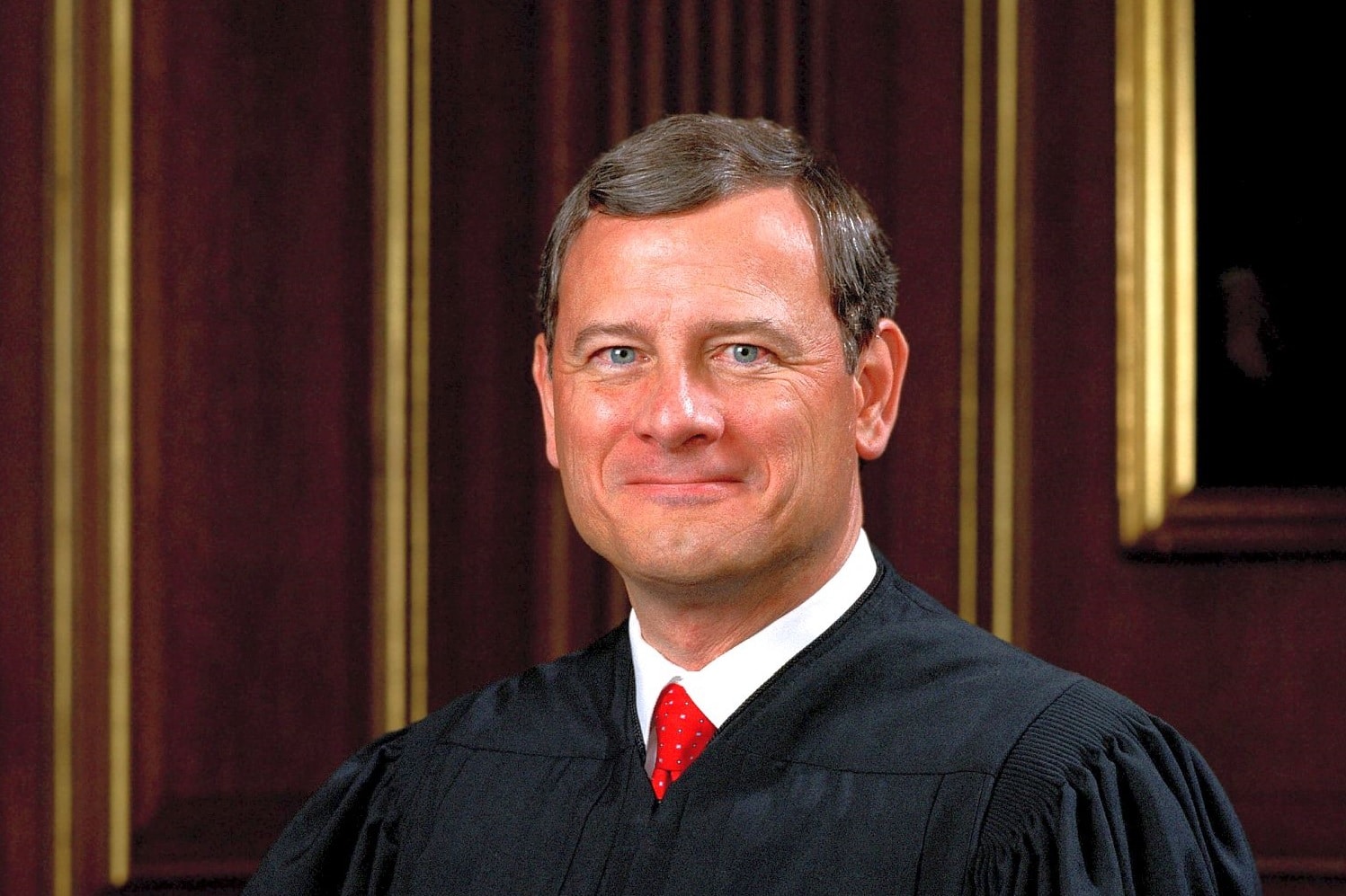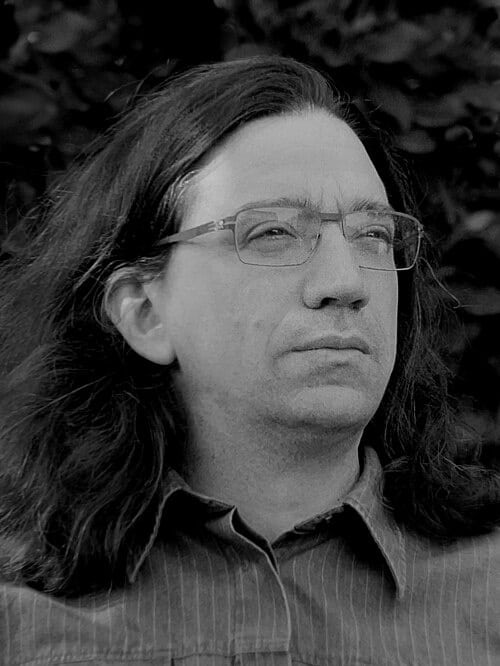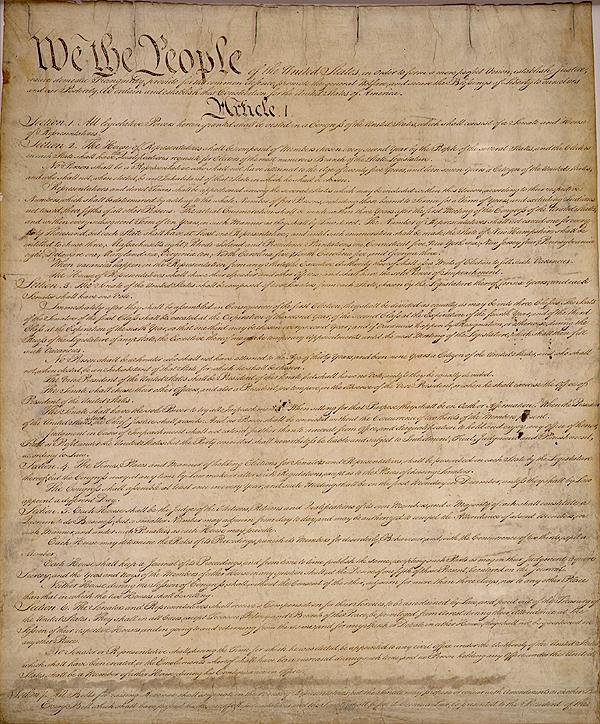The Allies Of the Billionaires
In this post I offered a brief history of the efforts by the filthy rich to destroy the New Deal. Under Trump those attacks are now aimed at democracy. This post lays out the field of conflict between the filthy rich and normal people. Who are the allies of the filthy rich, and what can we do with that information?
Andrew Mellon stated the program of the billionaires after the 1929 stock market crash:
Liquidate labor, liquidate stocks, liquidate the farmers, liquidate real estate. It will purge the rottenness out of the system. High costs of living and high living will come down. People will work harder, live a more moral life. Values will be adjusted, and enterprising people will pick up from less competent people.
That’s Trump’s program. In the 1930s, when the attacks began, that program got no traction. The only way the filthy rich could succeed was to find allies who would effectively shield their goals from view. It took a few decades, but they found or created those allies.
It seems to me that there are three groups of collaborators, Theists, Neoliberals, and Grifters. Their motivations are different, and in some ways radically different from the filthy rich, but they all benefit by tagging along with the billionaires.
Theists
There are several groups who teach that the US is a “Christian Nation”, and that it should be a theocracy, or at least that the “laws” of the Bible should govern all Americans, religious or not. Among them are Christian Dominionists, Christian Nationalists, and specific sects. They are supported by groups engaged in lobbying, litigation, and proselytizing. They have their own education structures, including universities and their own media.
There are a number of Christian sects that share some or many of their beliefs. For example, the Catholic Church agrees that all Americans should be governed by their moral teachings about abortion, and that Catholics should be exempt from lnsurance laws that relate to birth control; but retains some sense of the teachings of Jesus on other issues. There are lots of people who agree on specific issues, like equal marriage, and act on them, perhaps by home-schooling, or by supporting theistic lobbying and litigation groups.
The common thread among these groups is the belief that they know the moral truths of the universe, and that the rest of us should/must accept their views. They don’t want anyone reading or thinking anything but what they allow.
Neoliberals
Neoliberas see human beings as homo economicus. They say that human beings have a single goal, maximizing their personal utility. They think that life is a competition for scarce resources, and that the strongest will survive and get the most, and that is just fine. For more, and for a sane alternative, see this post.
Neoliberals fall into two groups. On one side are sellers of goods and services, that is, people who own a business. This group includes investors, the rich who don’t have to work for a living, and the theorists and teachers of this doctrine. The rest of us, the masses, the employees, the consumers, the users, we make up the other side.
The first class has specific goals, mainly getting rid of regulations, and cutting taxes. In this, they agree with the filthy rich. For the rest of us, neoliberalism only offers an explanation of our condition: it’s our fault.
Owner neoliberals differ from theists in two fundamental respects. First, they don’t care what people think or study or theorize about, except for economics. There, they rigidly push their own version, which you studied in Econ 101. Or maybe you learned it in high school, taught from a syllabus prepared by a neoliberal think tank like the Heartland Foundation , which is funded by the Charles G. Koch Foundation and other right-wing operations.
They don’t want you to think clearly about economics, because you will see that they use it to preserve their power, and support the agenda of the filthy rich. They want you to ibelieve that their version of capitalism as foundational to democracy.
One of their tools is distraction. You do things you enjoy, whether it’s shopping, or going to the movies, or playing video games. These are fun and even necessary for a good life. But in excess they keep you from learning and thinking enough to participate in a democracy. You exist solely as a consumer. You work so you can buy entertainment and other stuff.
Expertise only comes with effort, even for the best of us. Here’s an example. At the top of this post is a painting by the American Thomas Kinkade. Take a quick look This painting is typical of the kind of art preferred by sellers of distraction. It doesn’t require anything of the viewer. It oozes with a brain-dead nostalgia, and hides every vestige of the reality of the era it depicts.
Now click through to this painting, Susanna and the Elders by Artemisia Gentileschi, painted in 1610. Look closely at what’s happening Even if you don’t know the story (it’s Daniel 13 in the Catholic Bible ), and even if you don’t know the life history of Artemisia, you can feel the pressing weight of sexual menace. This painting requires attention, and is made more potent with context both of its time, the artist’s experiences, and our me-too age. (Side note: I saw this painting in Paris in May in an exhibit at the Jaquemart André museum. There is also a fairly good copy of Judith Slaying Holofernes, and the original of Joel and Sisera. And this is a reminder that Wikipedia is a terrific resource and worth a contribution.)
The point here is that owner neoliberals benefit if you limit your thinking to conventional stuff. It’s easier to make and sell profitably. Distraction pacifies you, makes you think you’re living a good life, but hides all other possible ways to live. Those other lives include participating in a functioning democracy.
Worker neoliberals? The billionaires just want you to vote for their candidate, work for them, and buy stuff. People who blame themselves for problems created by the elites don’t demand change. And they keep getting screwed.
Grifters
This is a group of second-rate people who cling to the illusion of competence. There are two main groups here: politicians and their strategists, consultants, and sycophants; and faux intellectuals who swarm in think tanks and even a few universities. Neither group wants you to think clearly about what they are doing.
The politicians want to serve a small club and you aren’t in it. They pretend to serve the median non-thinker in their party, weirdos for the Rs, and centrists for the Ds. Rs fight for the crazies. Ds punch left. Both parties serve their donors first.
The faux intellectuals have all sold out. They surrendered the essence of both the intellectual life and the democratic life, openness to the full implications of life in our society. In exchange, they get money and security. They pretend to provide a principled justification for the policies preferred by their donors, but only the ignorant are fooled.
So?
In any conflict, the first step is to identify the enemy, and to identify those on your side. Then you look for the weak points in the enemy lines. I think this description points to a couple of weaknesses in the alliance against democracy.
1. People who claim to be love liberty don’t want to be ruled by Theists. That includes a lot of neoliberals, both owners and workers. The Theist image of human nature is radically different from that of neoliberals.
2. The interests of owner and worker neoliberals are wildly different. The trick, I think, is to persuade workers that they are entitled to fair treatment as of right, not out of charity.
3. Republican politicians have been pushed so far into lunacy that they are vulnerable to attack from the left by almost any sane politician. Even if Alabama won’t elect a Dem, they should be willing to elect a Republican who won’t hurt them as much as the far-right loon Tommy Tuberville.
4. I don’t think there’s much hope for leaders of the Theists. The combination of self-righteousness and graft makes them impervious to criticism. But that isn’t true of regular people. I think many of them understand the actual teachings of Christianity, and can see where this administration betrays that teaching.
5. In general, I think most of the leaders of the allies are incorrigible. But I also think many followers are reachable, perhaps by shame. I’ll take that up in a later post.
6. What else?






